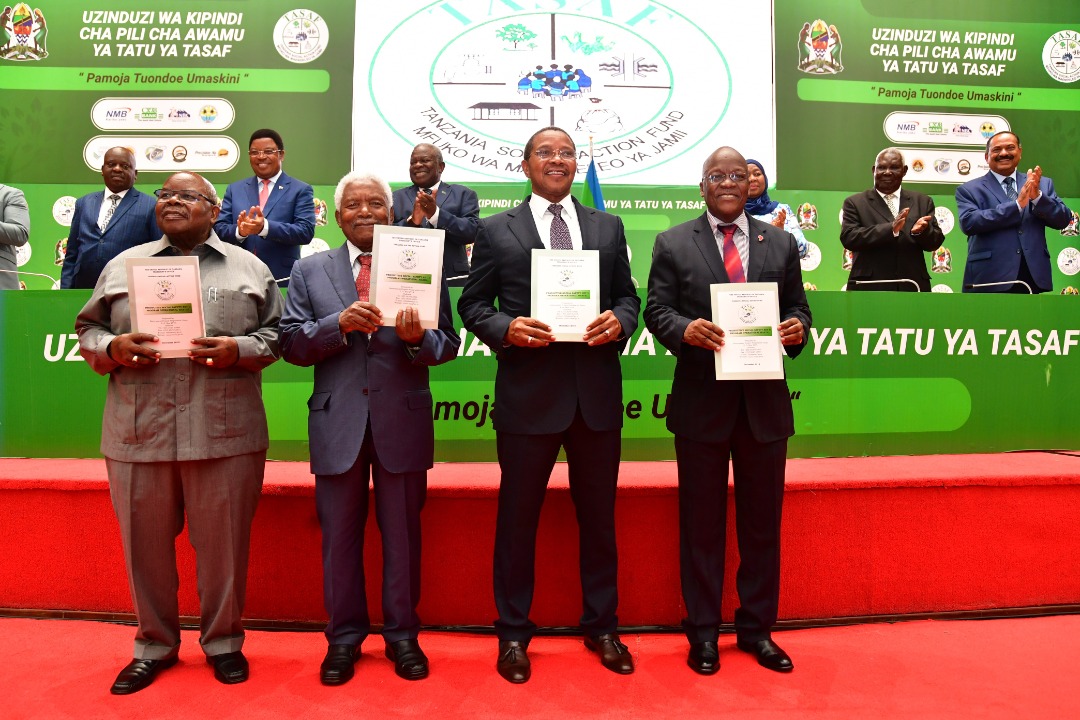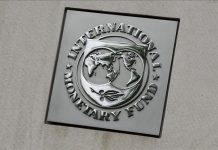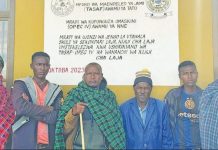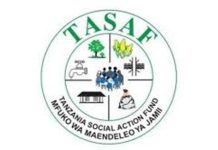THE World Bank (WB) has described Tanzania Social Action Fund (Tasaf) as amongst the best targeted anti-poverty intervention in the world, and compared it with more programmed one in Latin America.
The global financial institution made remarks in Dar es Salaam yesterday, where the second phase of the initiative was kicking off.
WB Country Representative, Preeti Arora, stated that the bank has been supporting the programme since its infant stage, and was pleased to be part of it.
Going to Phase II of the initiative, the WB said it would release 1.03tri/- to fund the scheme that is estimated to spend about 2tri/- during five years of its implementation.
Another remaining part of the funds will be obtained from other development partners, including the Opec Fund for International Development releasing about 115bn/-.
“We are very much proud of what has been achieved in this programme in the past period,” Ms Arora noted. For instance, during the first phase of its implementation, it reached to 1 million households by 2015, thus being well ahead of schedule.
The statistics indicate that by September last year the Tasaf was supporting at least 1.5 million extremely vulnerable and poorest households with cash transfer.
“That translated to over 5 million individuals benefiting from the cash transfer and about 300,000 households got temporally employments,” the WB representative pointed out.
According to her, more than 11,500 savings groups were formed and benefited over 150,000 members, where 74 per cent are women.
“The programme is having strong effects on gender empowerment with more recipients being women,” she acknowledged.
Expounding, she emphasized that the scheme has been very successful at reaching the poorest citizens in the country, and in turn contribute to the development of human capital among them. “Improvements have been made in children schooling, literacy and health,” she further said.
A recent joint study carried out by the National Bureau of Statistics (NBS) and the WB found out that if Tasaf had not been there, the rate of poverty in Tanzania would be at least 2 per cent higher, that is to say Tanzania would have more 1 million poor individuals.
“This is the programme for Tanzania and we need to make sure it continues to support the most vulnerable,” he stated, adding that the WB supports it because it allows the government to financially support the poor.
On his part, Sweden Ambassador to Tanzania, Mr Anders Sjö berg, explained that Sweden was among the larger funders of the first phase of the initiative.
“When you invest in people you need to invest in a long-term period positive outcome, therefore investing in social protection remains a very important feature in cooperation between Sweden and Tanzania,” he argued. He said the social assistance enhance reduction of people’s dependency.
During the first phase, the Sweden issued 78 million USD (about 178bn/-) to fund the programme, which was 20 per cent of the total budget for the initiative.
“We are currently assessing our support for the next phase, and we are looking forward to engaging in dialogue how we could contribute to enable attainment of the Sustainable Development Goal number one, targeting to reduce poverty,” he assured.







